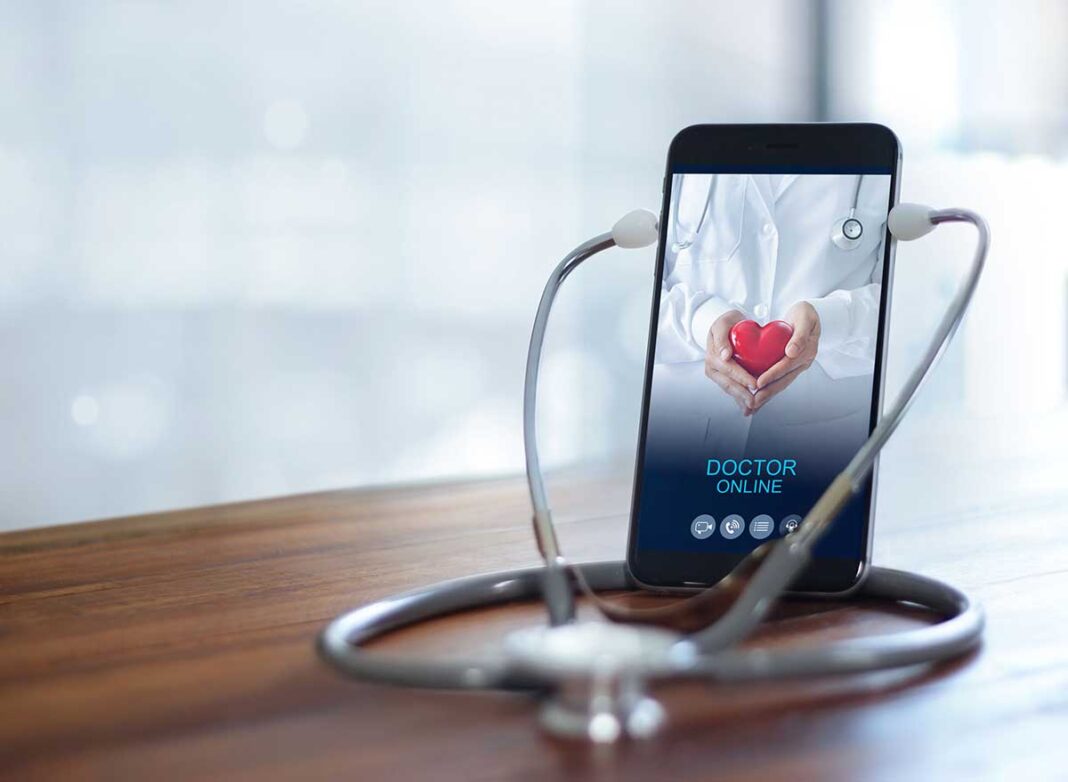The Biggest Trends in Digital Health
Digital health is a growing industry that has been around for decades. It has been an ever-changing industry, with new technologies and practices being introduced every year.
As the digital health industry continues to grow, so does the demand for digital health professionals. The number of jobs in the digital health field is expected to increase by 50% over the next 10 years.
The need for more healthcare professionals who are knowledgeable in technology and can provide care through a mobile device is increasing at an exponential rate.
The Role of Digital Health in our Connected and Data-driven World
Digital health is one of the fastest growing industries in the world. It is estimated to be worth $200 billion by 2020 and it has already surpassed traditional healthcare in many countries.
The digital health industry is a fast-growing, highly profitable sector of the global economy and it’s only expected to grow exponentially as the world becomes more connected and data-driven.
Digital health has been around for a few decades now, but it’s only just recently that we’re beginning to see its true potential. This industry has already surpassed traditional healthcare in many countries, such as China, India and South Korea.
Digital Healthcare Services & Apps Revolutionizing the Medical Field
We are living in an era where the medical industry is going digital. With the help of AI and machine learning, doctors and healthcare providers can now provide better care to their patients.
Digital healthcare services are gradually becoming a more popular choice for people with chronic diseases. These services offer solutions that can be accessed anytime and anywhere, without any waiting time or geographical boundaries.
The most famous example of this is the diabetes management app called ‘Dexcom’ which helps people monitor their blood sugar levels by continuously sending data to their smartphones.
The digital revolution is changing the way people work, live and interact. In the medical field, digital healthcare services and apps are revolutionizing the way doctors provide medical care to patients.
Digital healthcare services have been around for a while, but they are now evolving to become more personalized and accessible than ever before. Healthcare apps are helping doctors diagnose patients remotely and streamlining administrative tasks. Patients can use these apps to track their health, find a doctor in their area or even order prescriptions online.
Digital Health Innovation to Combat the Effects of Aging on the Body
In this section, we will be talking about the advancements in digital health and how it is combating the effects of aging on the body.
The first innovation is a device that can measure the level of mobility and fall risk in older adults. This is done by attaching sensors to an individual’s hands and feet which record movement. The data collected from these sensors are then sent to a computer or mobile device for analysis.
The second innovation is a wearable device that monitors an individual’s physical activity levels. It also provides feedback on how an individual can improve their physical activity levels, such as by changing their daily routine or getting more sleep. The information collected by this device can be used to track progress over time and detect any changes in lifestyle habits which may have led to a decline in physical activity levels.
The wearable device may be any type of wearable device, such as a wristband, headband or other apparatus worn on the body.
The information collected by the device can be stored locally on the device and uploaded to a remote server which is accessible through an app installed on a mobile phone.
A New Era of Digital Medicine is Here
This article has discussed the impacts of AI on the medical industry, and how it is changing the way that health information is accessed and shared. It has also discussed how AI can be used to diagnose patients, provide treatment plans, and help with decision making.
Conclusion:
The medical industry will continue to see a lot of changes in the coming years due to AI. We are going to see an increase in efficiency, accuracy, and quality when it comes to diagnosis. The AI revolution is happening now – we just need to get on board!



